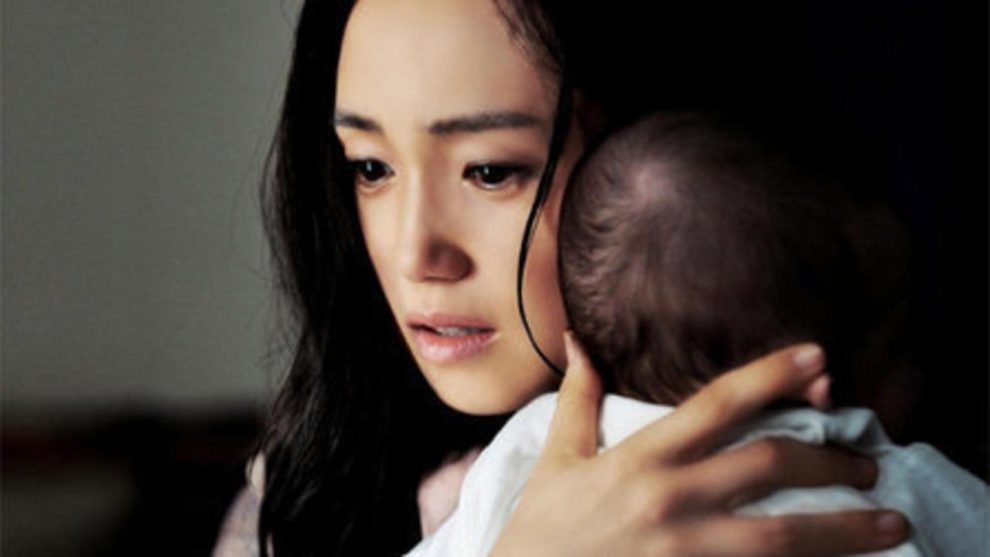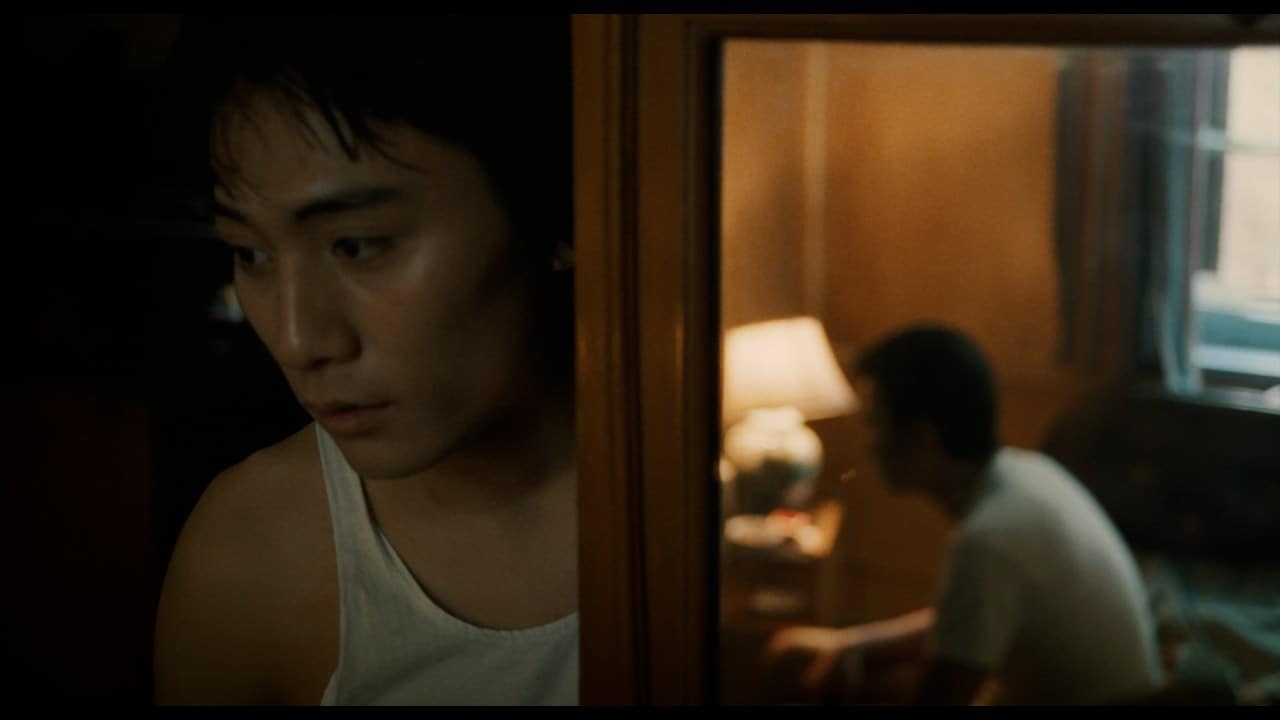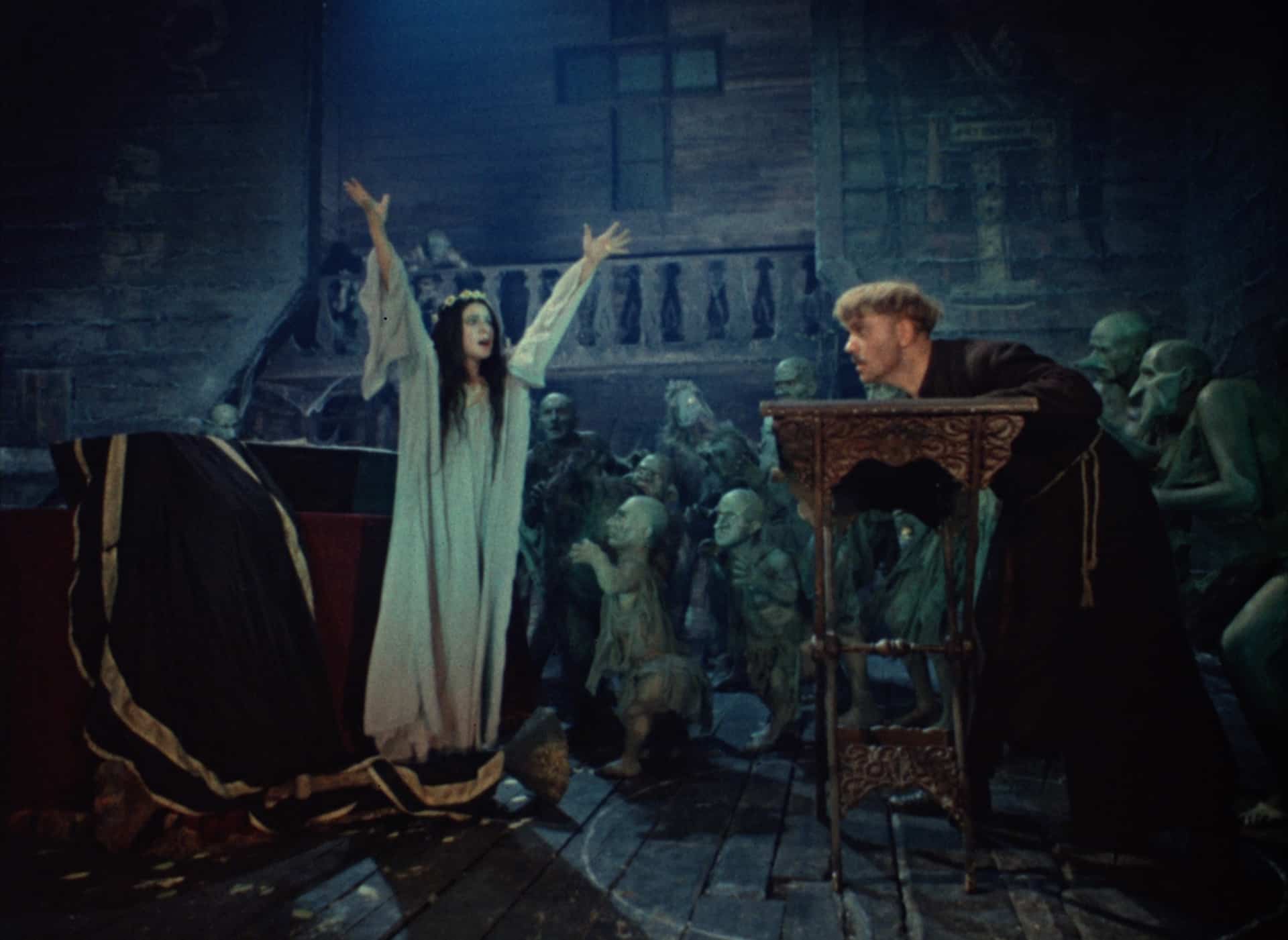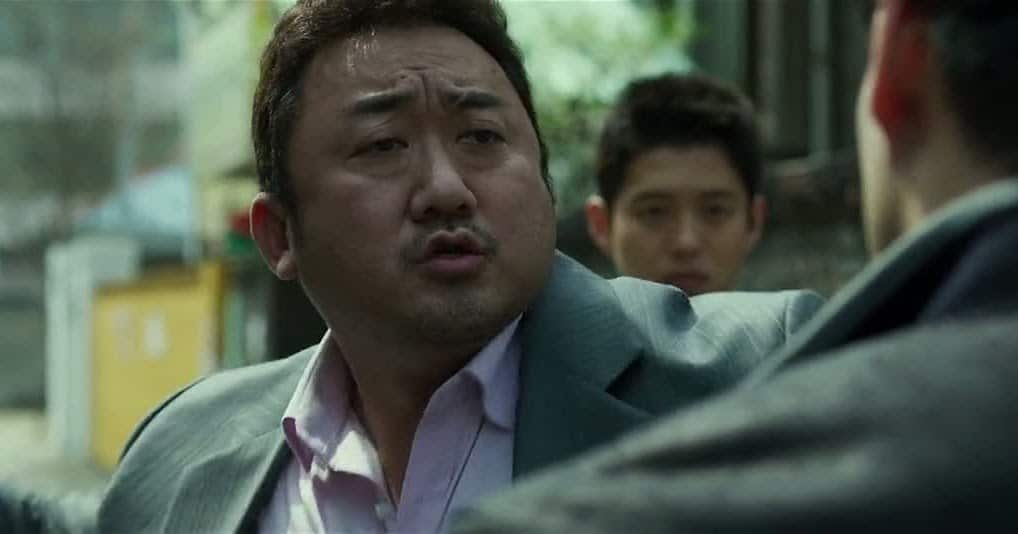Epic movies are usually associated with “heroes”, and concepts like war, organized crime, history and fantasy. Izuru Narashima in “Rebirth” however, proves that a family drama can also reach the levels of an epic, in a movie the Japanese Academy honored with 11 awards, essentially declaring it “Movie of the Year” for 2013.
Rebirth is screening at Japan Society
The script is based on the novel “Youkame no Semi” by Mitsuyo Kakuta, and revolves mostly around the story of two women. Kiwako Nonomiya retains an enduring relationship with Takehiro Akiyama, a married man who has promised her that eventually he will leave his wife, Etsuko, and live with her. At some point, Kiwako gets pregnant and he convinces her to have an abortion, and, in a sad twist, the procedure causes her permanent infertility.
Sometime after that, Etsuko learns about her husband's relationship and the aforementioned incident and confronts the woman, insulting her by repeatedly referring to her abortion in an attempt to force her to terminate her relationship with Takehiro. At about the same time, Etsuko also gets pregnant. Kiwako, clearly suffering from Etsuko's attacks, her newfound infertility and the ending of her relationship with Takehiro, commits an utterly unreasonable act, kidnapping Etsuko's newborn baby Erina.
Narashima's narrative approach mainly consists of a series of flashbacks pointing at different timelines, that can be initially confusing, but as the film progresses and their duration becomes longer, the spectator grows accustomed to them, with Chise Sanjo's excellent editing helping the most in that regard. This approach retains a sense of agony for the viewer that borders on the thriller, and allows Narashima to present the many plot twists in a way that adds to the shock and the entertainment the film offers, as the movie gradually turns it into a rather impactful drama.
Furthermore, the 147 minutes of the movie's duration allow the story to be presented in all its glory, and to communicate Narashima's comments in the best fashion. In that regard, the concept of what constitutes a family, motherhood and womanhood (and particularly what happens when the two clash), the question of if we are “doomed” to become just like our parents, love, revenge, and cults are presented here, in the most impactful and occasionally shocking fashion. Particularly the clash of the two mothers, which also extends in a series of court-scenes, is quite intense, in the most memorable sequence along with the one of the separation.
The only moments the narrative suffers a bit is upon the presentation of the cult leader, hyperbolically portrayed by Kimiko Yo, at least for the most part, and the ending, which, in one of the most common issues with Japanese movies, lags too much and is extended for no apparent reason. Nevertheless, the rest of the elements of the narrative definitely compensate, and even these two faults are actually lost in the overall contextual excellence of the movie.
The acting is another of the film's great assets. Izuru Narushima took a risk, exposing little Konomi Watanabe (Kaoru) so much in front of the camera, though at the end he certainly won the gamble, since she performed in utter professionalism in spite of her age. The other excellent performance comes from Hiromi Nagasaku as Kiwako, with her acting, and also the way Narashima drew her character, succeeding in presenting a woman whose crime is universally considered nefarious, in a way that makes her seem as the true tragic figure of the story, resulting in the audience sympathizing with her in the end. Mao Inoue as Erina is also quite convincing, in both the way she depicts her seemingly tough facade and the way she breaks down. Eiko Koike as Chigusa has a key role, and is equally good as she highlights that something else is lurking under her somewhat eccentric demeanor. Lastly, Yoko Moriguchi as Etsuko rounds up an overall great female cast, with a brief but quite impactful performance.
“Rebirth” is a great film, one of the best Japanese and Asian movies of the decade, and a title that gives a definite answer to the question of if a family drama can be an epic.
















at first, the film seems confusing and yet with more time it develops the lives of Kaoru and Kiwako, I was suddenly in tears, twice.
It feels like I’ve watched their lives unfolding in front of me.
The film intentionally left any judgment on Kiwako which I really am glad they did it, it makes for more morally grey and bittersweet story.
one of the drama film that I can easily say one of the most moving tale about family.
I agree with everything you say